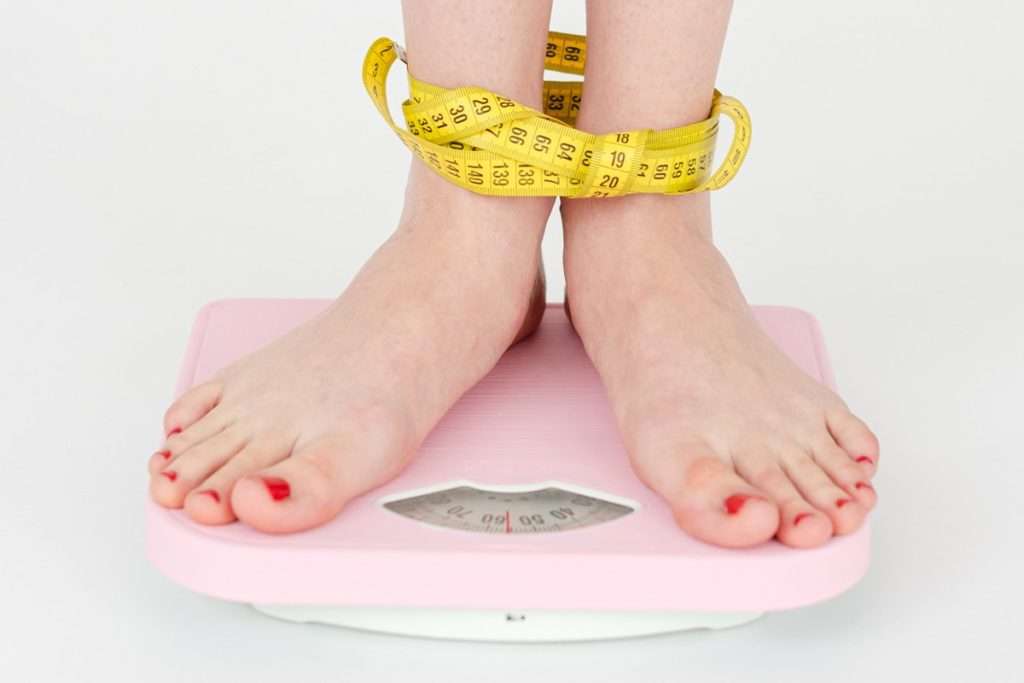Embarking on a weight loss journey can often lead to a maze of misinformation, particularly regarding how your metabolism works. This guide aims to dispel common myths and arm you with effective, scientifically-backed strategies to boost your metabolism and aid your weight loss efforts.
Understanding Metabolism: The Basics
Metabolism is the process by which your body converts what you eat and drink into energy. During this complex biochemical process, calories in food and beverages are combined with oxygen to release the energy your body needs to function.
While it’s true that a faster metabolism helps in burning more calories, several myths cloud our understanding of how it really impacts weight loss.
Debunking Common Metabolism Myths
Eating Late at Night Slows Metabolism
Contrary to the popular belief that eating late at night will make you gain weight by slowing your metabolism, weight gain is actually caused by consuming more calories than you burn, regardless of the time.
Studies suggest that the body’s ability to process food is linked to its circadian rhythms, not the clock. Focus on total caloric intake throughout the day rather than specific meal times.
Skinny People Have Faster Metabolisms
It’s a common misconception that thin people have higher metabolic rates. In reality, the more you weigh, the more energy your body requires to function, which can mean a higher basal metabolic rate.
This is because muscle mass, which requires more energy to maintain than fat, plays a crucial role in how quickly your body burns calories.
Effective Strategies to Boost Your Metabolism
Increase Muscle Mass
Muscle cells require more energy to maintain than fat cells, which means people with more muscle mass have a higher metabolism. Incorporating strength training into your routine, such as lifting weights or doing bodyweight exercises, can help increase muscle mass and thus boost your metabolism.
Stay Hydrated
Water is essential for your body to burn calories. Research has shown that drinking water can temporarily boost metabolism by 24-30% over a period of about an hour. The increase occurs because your body uses energy to heat the water to body temperature.
Eat Protein-Rich Foods
Your body burns more calories digesting protein than it does fat or carbohydrates. High protein intake can also make you feel full and satisfied, reducing the overall calories you might consume. Include healthy protein sources like lean meats, nuts, and beans in your diet.
Ready to Lose Weight? Start with These Questions
Get Plenty of Sleep
Lack of sleep is linked to a significant increase in the risk of obesity. This may partly be caused by the negative effects of sleep deprivation on metabolism.
Additionally, sleep deprivation can increase the hunger hormone ghrelin and decrease the satiety hormone leptin, leading to increased hunger and appetite.
Try High-Intensity Interval Training (HIIT)
HIIT can help raise your metabolic rate and burn more fat by increasing the calories you burn during and after exercise. This training method involves short bursts of intense exercise alternated with low-intensity recovery periods. Interestingly,
HIIT has been shown to burn more calories in a shorter amount of time than steady-state cardio.
Navigating Calories and Dietary Choices
Understanding your caloric needs and managing your dietary intake are pivotal in achieving and maintaining a healthy weight. Opt for a balanced diet that includes a variety of nutrients to support metabolic health and avoid extreme diets that can lead to metabolic slowdown and nutritional deficiencies.
Conclusion: Embrace a Holistic Approach to Weight Loss
Losing weight effectively involves understanding the myths and realities of metabolism and integrating healthy lifestyle choices that promote a balanced diet and physical activity. Remember, the goal of weight loss should not just be about shedding pounds but also about improving overall health and well-being.
By educating yourself and applying these science-backed strategies, you can enhance your metabolism, achieve sustainable weight loss, and lead a healthier life.


